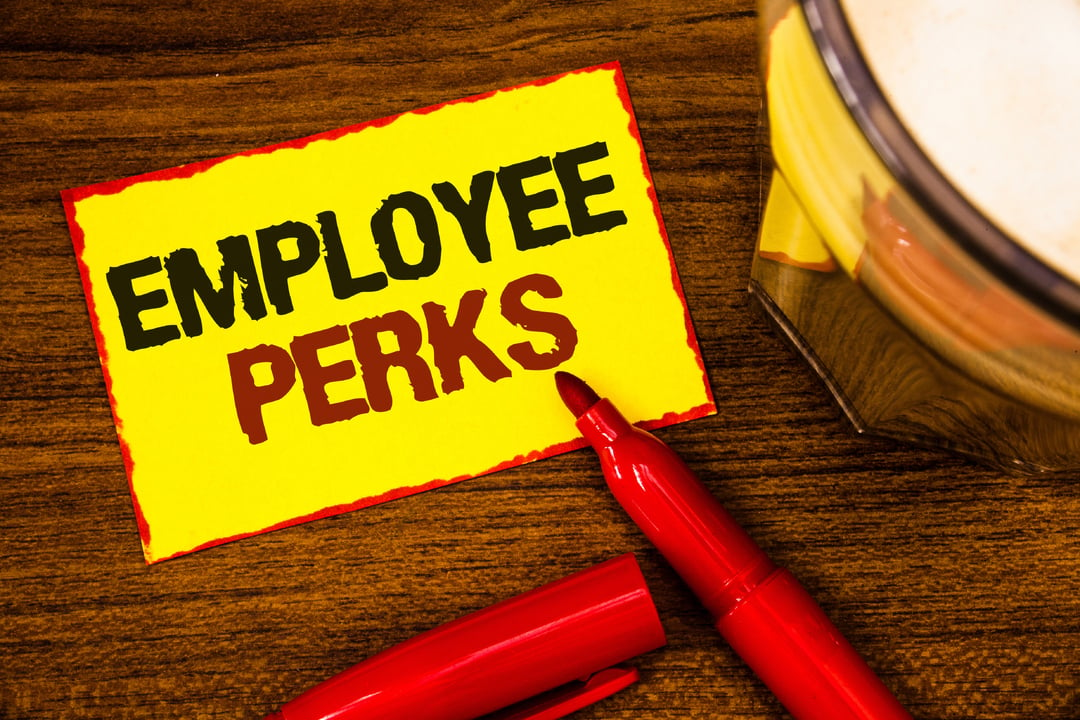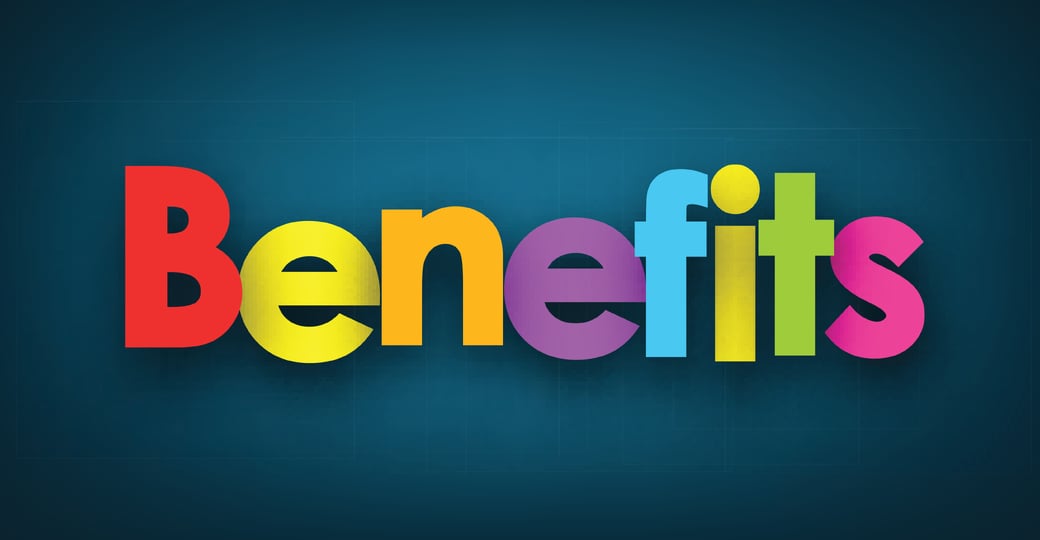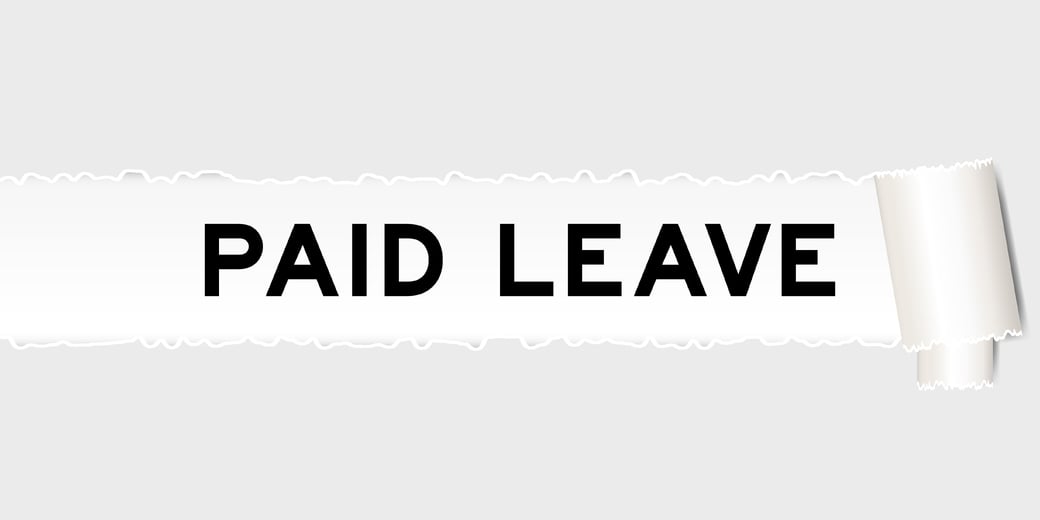Perks are an important part of an employee's work experience. While employees expect to receive a paycheck at the end of the pay period, it's the extras that give working at your company a competitive edge. It might interest Perks are an important part of an employee's work experience. While employees expect to receive a paycheck at the end of the pay period, it's the extras that give working at your company a competitive edge. It might interest you to know that 7 out of 10 employees would be willing to leave their current job for better benefits somewhere else.
Secure 2.0 Act Impacts High Earners Catch-up Retirement Contributions

Posted by Amber Cochran Saxon on Dec 22, 2025
Posted in Payroll, HR & Benefits
The Legal Name Requirement: A Critical Compliance Reminder for Year-End W-2 Processing

Posted by Katelyn Parks on Dec 03, 2025
As we approach year-end and begin preparing for W-2 distribution, it’s important for employers to revisit a key federal requirement that is often overlooked: all payroll and tax reporting must reflect an employee’s legal name exactly as it appears on their Social Security card.
Posted in Payroll, HR & Benefits
As 2025 draws to a close, employers should review whether they have properly included the value of common fringe benefits in their employees’ — and where applicable, 2% S-corporation shareholders’ — taxable wages. With remote and hybrid work arrangements continuing to be common, this remains a critical review area for year-end tax compliance.
Posted in Payroll, HR & Benefits
Life has a way of throwing curveballs at us that require time away from work to resolve them. Running a personal errand, taking a sick family member to a doctor's appointment, or attending a child's parent-teacher conference are some examples of when having paid time off to be used at your own discretion is greatly valued. Employees no longer need to categorize their absence; all time away from work comes from the same single source.
Posted in Payroll, HR & Benefits
Understanding Employee Expense Reimbursements: Nontaxable vs. Taxable Income

Posted by Katelyn Parks on Sep 05, 2025
As a payroll company, we recognize the importance of managing employee expense reimbursements accurately, ensuring both compliance and clarity. One area that often causes confusion for employers and employees alike is distinguishing between nontaxable and taxable income when it comes to reimbursed expenses. In this article, we’ll explain what employee expense reimbursements are, the difference between taxable and nontaxable reimbursements, and how businesses should handle them.
Posted in Payroll, HR & Benefits
Will it Affect Your Paycheck? No Tax on Tips and Overtime Deduction

Posted by Katelyn Parks on Jul 28, 2025
New federal legislation is shaking up how tip income and overtime pay are taxed—at least temporarily. From 2025 through 2028, qualified employees could see major savings on their federal tax bill thanks to the No Tax on Tips Act and a new federal overtime deduction. Here’s what employers and employees need to know, and how it might (or might not) impact your paycheck.
Posted in Payroll, HR & Benefits
Understanding E-Verify and New Hire State Reporting: A Guide for Employers

Posted by Katelyn Parks on Jul 03, 2025
Hiring a new employee involves more than just onboarding and orientation. Two critical compliance requirements, E-Verify and state new hire reporting, must be addressed early in the employment process. These systems are essential for verifying work eligibility and meeting government mandates, and at FocusPay Solutions, we provide the tools and support to help you manage them effectively.
Posted in Payroll, HR & Benefits
Understanding Payroll Tax Penalties — And How FocusPay Solutions Helps You Stay Compliant

Posted by Katelyn Parks on Jun 12, 2025
Managing payroll tax obligations is a critical part of running a business. For small and mid-sized companies, the risk of IRS penalties, interest charges, and compliance issues can be overwhelming. The information below highlights common penalties imposed by tax agencies and offers suggestions to help employers ensure they meet IRS requirements.
Posted in Payroll, HR & Benefits
In the hiring process, you must ensure that every individual you plan to employ is authorized to accept employment in the U.S. Some individuals are automatically authorized to work based on their immigration status, while others must apply for separate employment authorization.
Posted in Payroll, HR & Benefits

















